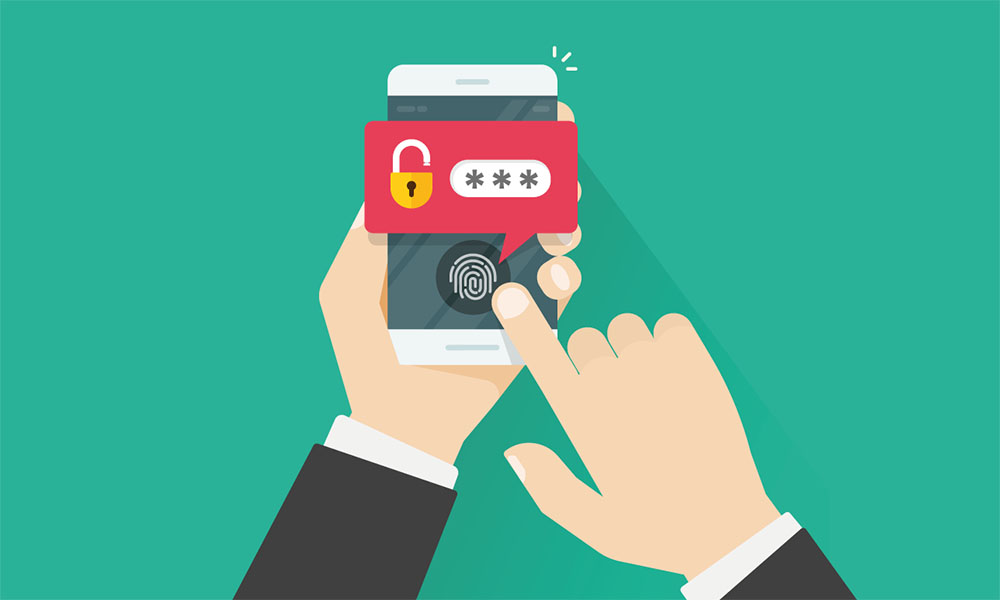
Security and your Android phone
As our mobile devices are integral to our daily lives, the thought of leaving our phone on a train or having it stolen from our handbag is horrifying to most people. As well as the hassle of having to get a crime number and report it to our insurance company (if it was insured), as well as order a new one, inform contacts of a new number and set it up just as you like it, you also face the risk of having your security compromised if your lost or stolen phone gets into the wrong hands.
With that in mind, here are four points to keep in mind when it comes to security and your Android phone.
Use Android’s increased variety to your advantage
One of the major differences between Android phones and Apple phones is that Android phones come at all kinds of price levels, which opens up some interesting options for security.
Some handsets are better than others in terms of security features, so consider having a less valuable phone that you use in situations where you might be at higher risk of losing your phone (such as attending a festival or a boozy night out), while having a higher spec device for more day-to-day or professional use.
Use a “find my phone” app
While iPhones have a “Find my iPhone” app, Android users can download an equivalent called “Find my Device”.
It has all sorts of useful functions, including the ability to make your phone ring even if it’s on silent, thereby making it much easier to find on those occasions when you know it’s not stolen, but you just can’t find it.
Some apps along these lines will also take photos with your camera’s “selfie” lens so that, matched with GPS information, you can identify who has your phone and where it is; information to hand straight to the police.
PINs can go a long way to protecting data
Some Android phones have fingerprint readers and all of them, even the cheapest, have the ability to set a PIN or allow you to draw a pattern on the screen to identify you as the correct user. If you have a fingerprint reader, then you can decide yourself whether you prefer a fingerprint scan or a PIN for security.
Ask yourself how much you trust the technology and whether you feel safer with the fingerprint option (which is harder for users other than you to access) or using a PIN or pattern on your screen (which can be copied but is easier to access when using smartphone gloves, for instance).
An antivirus app is non-negotiable
For Android phones (and, despite what they say, arguably iPhones as well), an anti-virus app is simply a must and it should be used in combination with some basic common sense. Apple operates a walled garden environment and even they have issues with misbehaving apps.
Android is more in the line of a jungle, which means that if you’re going to go off the beaten track in search of treasure, you’d better be prepared and think carefully every step of the way. In other words, be careful what apps you download in the first place and make sure you check reviews before installing anything on your device.



